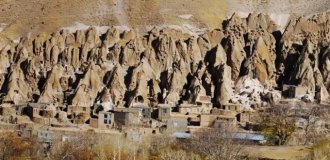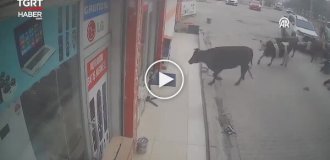Great Green Wall: How does Africa want to stop desertification and protect itself from the Sahara? (6 photos)
Since 2007, African countries have been implementing an ambitious $33 billion project. Its goal is to plant more than 1 million km² of desert lands. For comparison, this area is comparable to the territory of France and Spain combined. Why the Sahara Desert is expanding, and will Africans be able to conquer nature? 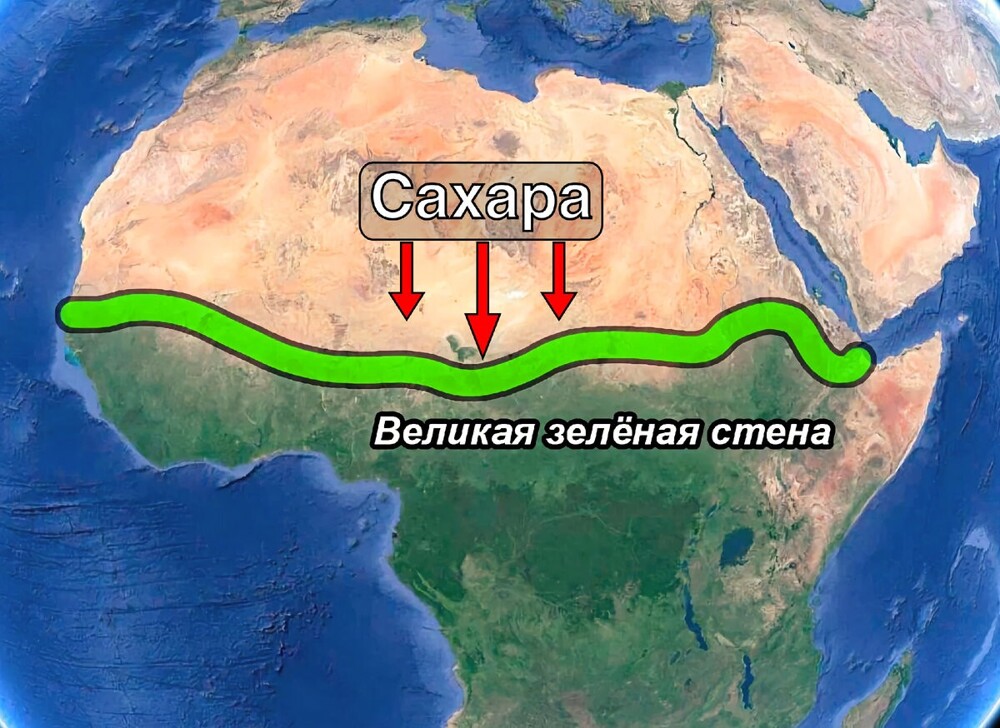
Unnoticed war
The Sahara is the largest desert in the world. She stretches all over Africa and occupies 30% of the continent. But the worst thing is that since the XIX century it is constantly growing. The development of the continent by Europeans led to the fact that that the southern border of the desert is shifting by about 6-10 km per year.
Throughout the 20th century, the Sahara was "advancing" on the Sahel - tropical savanna separating the sands from the jungle. It stretched out like a narrow strip of land 3900 km from the Atlantic Ocean in the west to the shores of the Red Sea in the east. The total area of the region is 3 million km².
Since 1914, droughts have been regularly recorded in the Sahel, leading to massive outbreaks of hunger. They peaked in the 1960s years, when local residents lived for several years with virtually no rain. 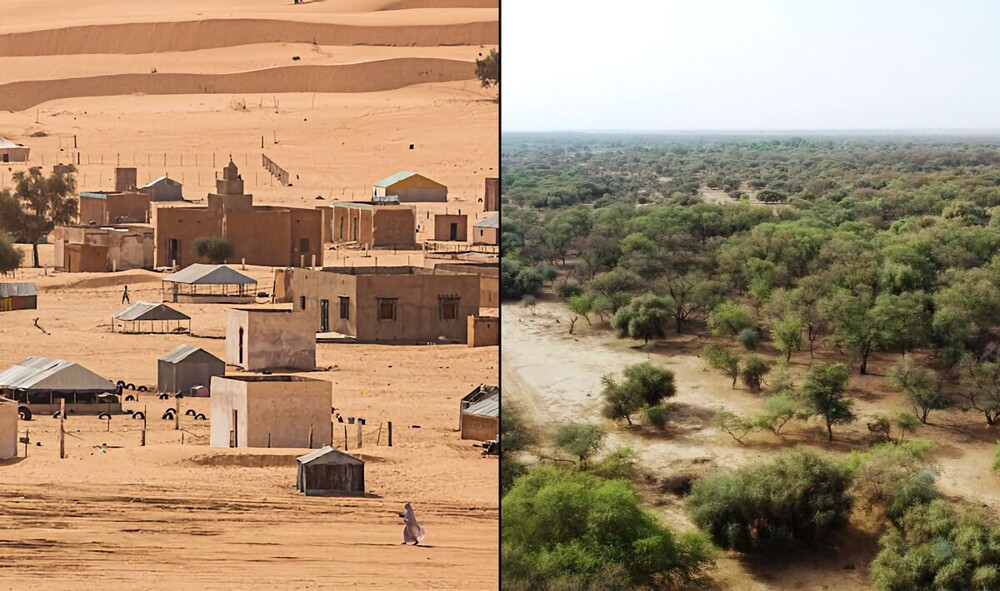
North and south of the Sahel - in one part there is already a desert
For 50 years, the number of territories unsuitable for agriculture, decreased by 10% - with all the development of technology and population growth! Today, 300 million Africans living in directly in the savannah belt.
If desertification is not stopped, then by 2050 about 800 million people will lose their food base. It will provoke one of the largest migrant crises and humanitarian disasters in the history of mankind.
Thus, today 21 African countries are leading a real war with nature, trying, if not to stop, then at least to slow down soil degradation and desertification.
Why is the desert expanding? 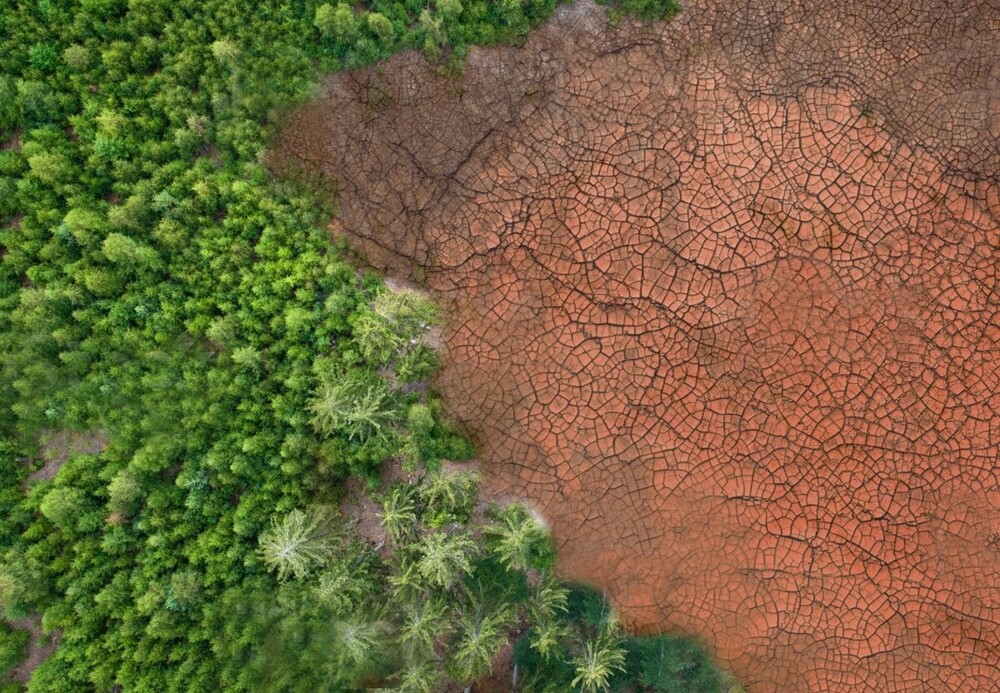
Central Africa is the most underdeveloped region of the planet. IN agriculture does not use modern fertilizers and machinery. At the land is being used too intensively. Arable lands do not rest, plots are not fertilized. Eventually the soil will degrade.
Uncontrolled grazing has a strong influence on the situation livestock. Animals eat and trample vegetation. Finally, under quarries and mines, as well as for new cities, Africans are massively cutting down forests.
Trees protect the territory from wind erosion, increase moisture and retain water in the soil longer. Leaves become natural fertilizer. In hot climates and dry winds, coming from the Sahara, the lack of forest becomes a detrimental factor for African ecosystem.
Saving Africa? 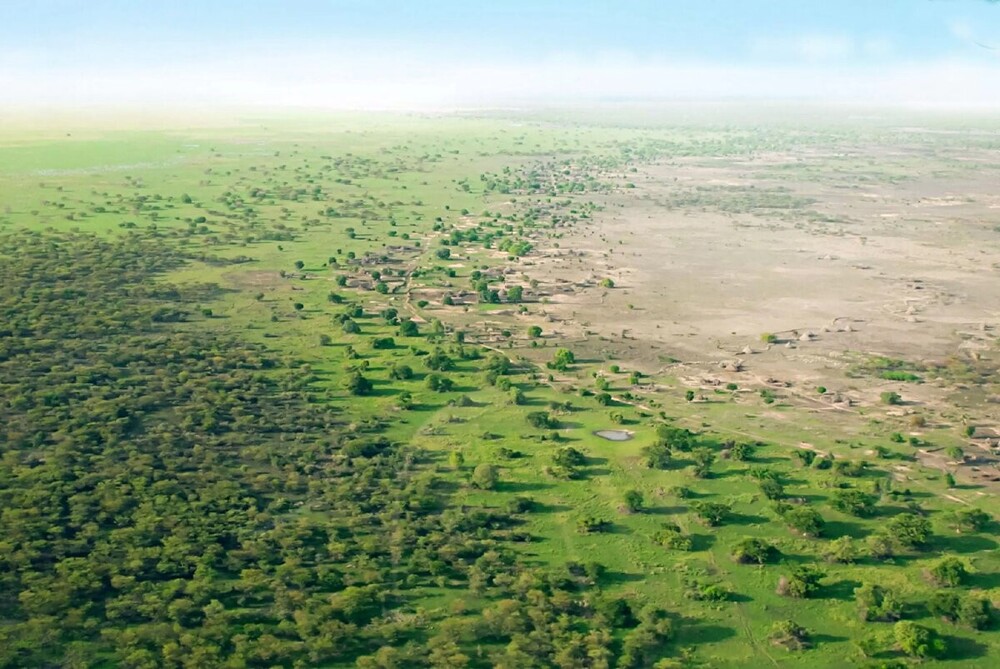
The Great Green Wall is a strip of forest planted along throughout the Sahel. The width of the forest belt will be 15 km, the length - 7775 km. It is planned to implement the project by planting 37 types of local plants that can thrive in dry climates.
The program is endorsed by many African and international organizations. More than $33 billion has been allocated. Directly involved in the project 21 states. It is planned that by 2030, when the project will be completed, there will be 10 million jobs.
Of course, the program involves working with local population. Farmers will be taught to leave the land fallow, pastoralists oblige to watch the animals or create pens for them. 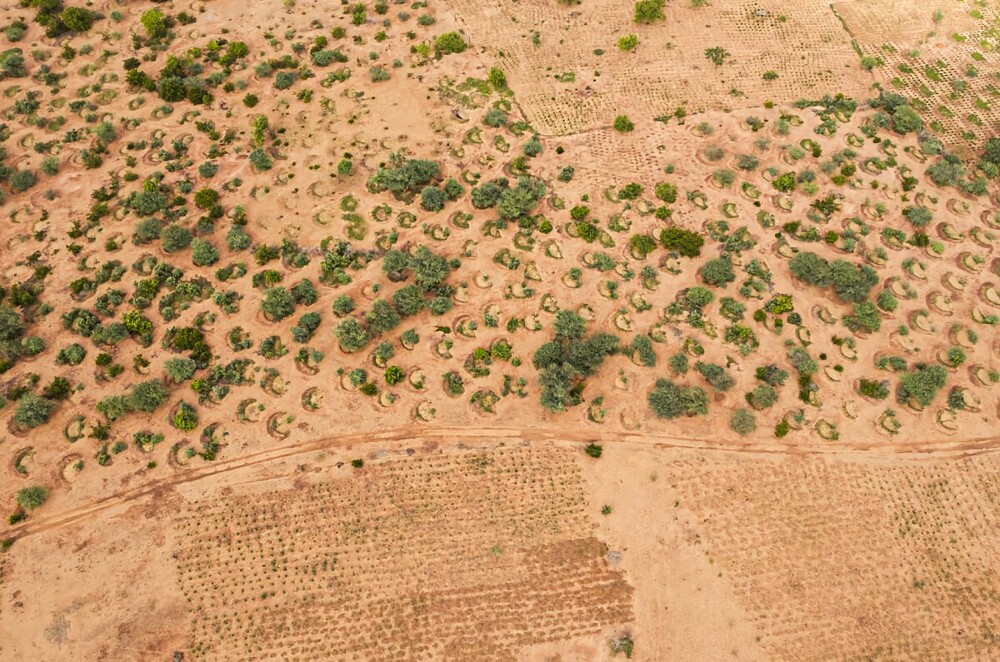
However, the project is progressing slowly and poorly. For 16 years Africans planted only 4% of the proposed forest belt. Project completed less than 15%.
The main obstacle is the lack of proper financing. Africa is not a rich region, and the money allocated by Europe do not reach the project. Corruption and lack of the willingness of the population to follow the new rules.
Imagine, 80% of the trees planted during the project died. Some plants withered due to negligence and lack of attention from workers. Others were eaten by livestock. Some Africans, without thinking about the future, purposefully destroy young trees for wood and fuel. 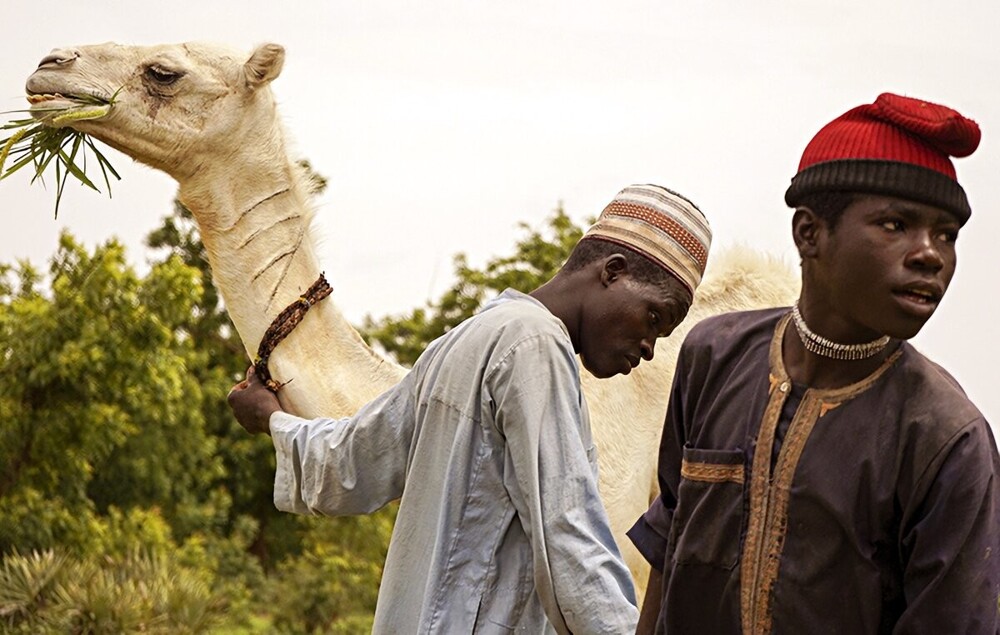
However, there are still some successes. In Nigeria About 35 million hectares of land have already been restored in Senegal and Ethiopia. work received 350 thousand people. $8 billion spent.
Summing up the losses and subtotals of the project, Western investors are in no hurry to allocate money. It's safe to say that Africa is losing this war. By the way, China also has its own "Green Wall", and the Chinese have successfully implemented their project. Maybe, should Africans learn from them?









